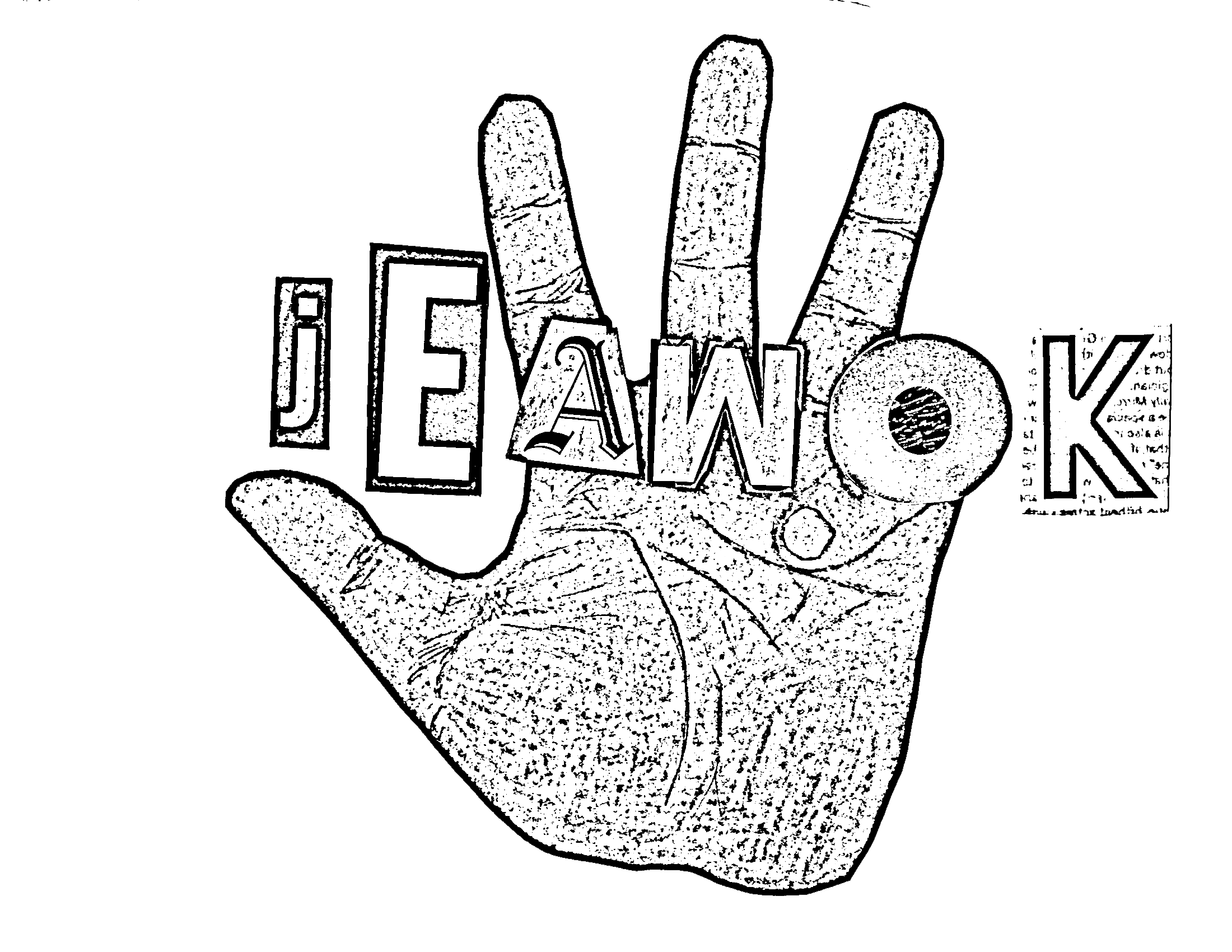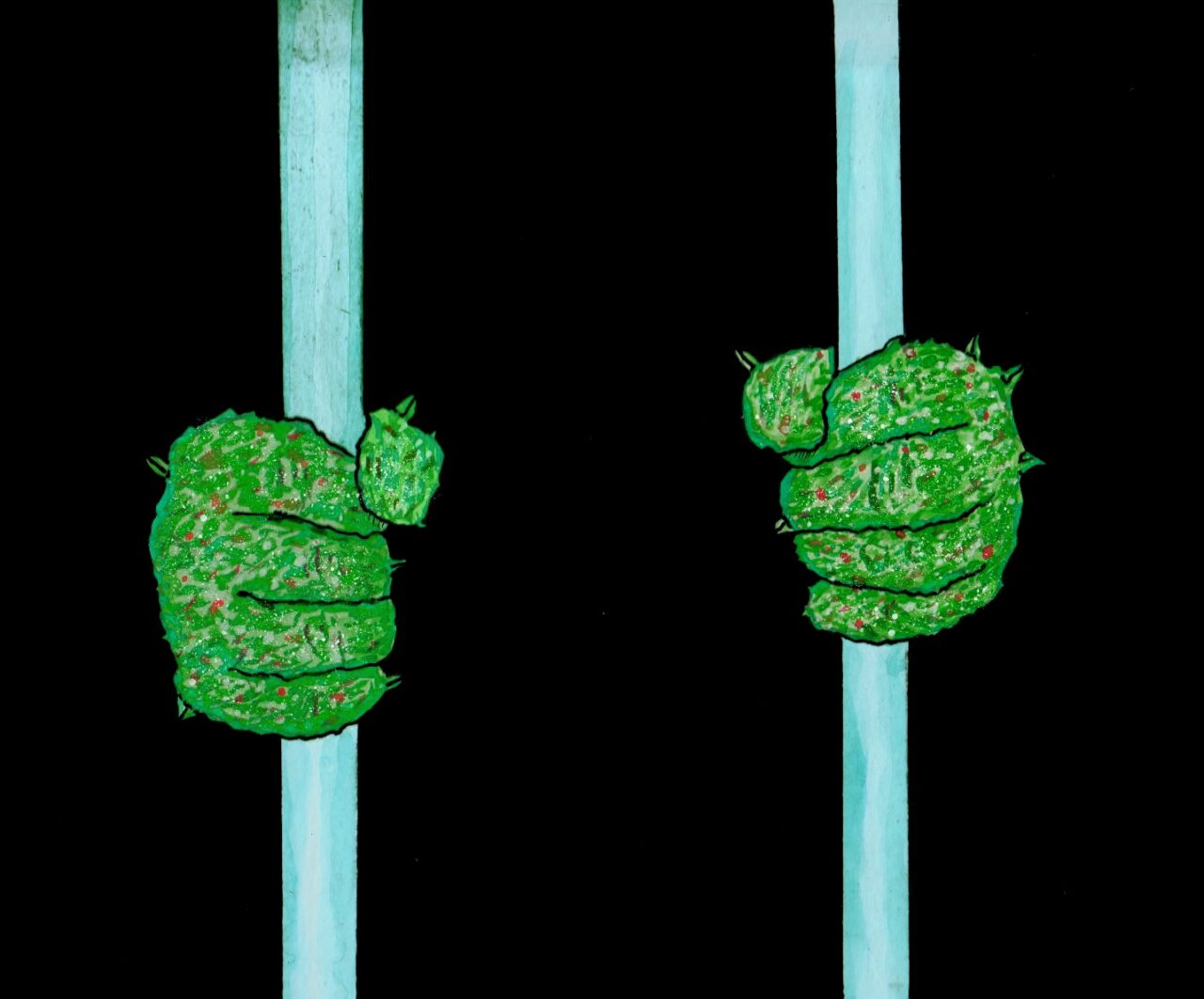“I’d rather you smoke weed than drink and drive,” my dad once said to me, age 16, after my parents caught me buying shitty brick weed off directly in front of our suburban family home. His lopsided comparison stuck with me. Weed seemed infinitely safer and tamer than drinking did. And if adults I knew also respected smoked weed, many of whom had lovely families and successful careers, how bad could it possibly be? Why, exactly, was it illegal in the first place?
It’s a question I have never been able to personally answer, save for “racism.” Instead of taking the lead from indigenous healers and providing a pathway for responsible recreational and medical use and research, the United States government took a hard left turn instead. Following the Mexican Revolution in the early 1900s, certain southern states saw an influx of Mexican immigrants, some of whom used cannabis as we all do—for medicine, to relax and enjoy. They called it “marihuana,” and the media sensationalized it while simultaneously demonizing the new immigrants who used it.
Continuing the trend of demonizing Mexican immigrants, the United States government decided it needed a reason to stop, search and seize things from said immigrants and created the Marijuana Tax Act of 1937, thereby banning cannabis’ use and sale.
This was the first of many subsequent and similar laws, along with “reefer madness” culture, but the most important part to note is that the Marijuana Tax Act of 1937 was eventually ruled unconstitutional. It was replaced by the Controlled Substances Act in 1970, which made cannabis a Schedule 1 drug under federal law, meaning the government considers it the most addictive and harmful. All of this laid the foundation for the War on Drugs, a devastating melange of policy and force that came to life after Nixon uttered the phrase during a 1971 press conference.
It’s hard to overstate the devastation wrought by this absurd “war,” the effects of which include actual wars, mass incarceration, greater racial inequality, forced migration, the creation of a robust international illicit market controlled by organized crime, a lack of proper drug treatment research/policy, and a lack of clinical studies done on cannabis for both medical and recreational uses.
According to the American Civil Liberties Union (ACLU), Black Americans are nearly four times as likely to get arrested for cannabis possession compared to white Americans, despite both groups consuming it at similar rates. In some states, Black people were up to six, eight, or almost 10 times more likely to be arrested.
Is legalization is the answer? It helps. It’s necessary. But it’s not the whole story. In states where weed went legal in any form from 2010-2018, racial disparities in cannabis enforcement actually increased. When it comes to business, Black Americans are not getting their fair share of the pie when it comes to opportunities in the legal markets—especially not when considering how much more they’re criminalized for the exact same behavior as other cannabis consumers.
Many other aspects of the cannabis world have not progressed the way those in the industry would have one believe. Across the state and country, over 40,000 people–mainly people of color–remain imprisoned on cannabis-related convictions. The passage of several California bills, to give an example, designed to help those with non-violent cannabis convictions expunge their records and get released from prison is a step in the right direction. There are equity programs in cities and states that have legalized, though those have been proven to be ill-organized and largely ineffective. There is a long way to go before the playing field can be considered any kind of level.
For reasons of social justice, surely, there is more than enough imperative to legalize. But it’s not likely to be the reason why that happens. What is really behind legalization efforts is money: California’s market, both licensed and non-, to give an example, is estimated to be worth around $15 billion alone. Cities and states around the country have enjoyed added tax revenue from legal cannabis sales that did not previously exist.
The money, however real or imagined at this point, is simply too good to ignore. CNBC reported that, according to estimates made by the investment bank Cowen, “the U.S. cannabis market is worth approximately $56 billion in 2020 with about 90% of sales going untaxed in the illegal market.”
Money is the reason why cannabis businesses were deemed “essential” in 24 states during the COVID-19 crisis. Many activists, prominent industry names, and even some politicians are signaling that now is the moment to go fully legal.
The momentum is surely there.
36 of 50 states, including Washington D.C., have some kind of legal access to bud. Our own president, Joe Biden, has said that he doesn’t think anyone should be in jail for cannabis. The MORE Act passed the house in a historic vote late last year. There are hundreds of bills in state and federal legislature concerning cannabis decriminalization and legalization for adult-use. Activists, legislators, and industry-folk, alike, feel that federal legalization is just around the corner.
History has also provided a framework for vice legalization as a means to save our economy. “One of the programs by the federal government right after the Great Depression was to focus on tax revenue generation,” said Curaleaf Executive Chairman Boris Jordan in a CNBC article from last year. “They lifted prohibition on alcohol and therefore started to tax it—and it became a major revenue generator for both the federal and the local governments around the country.”
It’s also an issue of pacification. It’s hard to roll back freedoms once they have been unleashed. Keeping cannabis federally illegal while also deeming it essential and providing much of the country with some means of legal access is ridiculous. Jobs have been created, due to cannabis’s essential status (think delivery drivers, additional staff in packaging facilities, and distribution hubs). Things are beginning to look promising at the national level.
Furthermore, people are angry. They are suffering. Can those sentiments be tempered by weed? Two-thirds of Americans support the lifting of cannabis prohibition in the United States. “Might as well try,” seems to be the general consensus.




